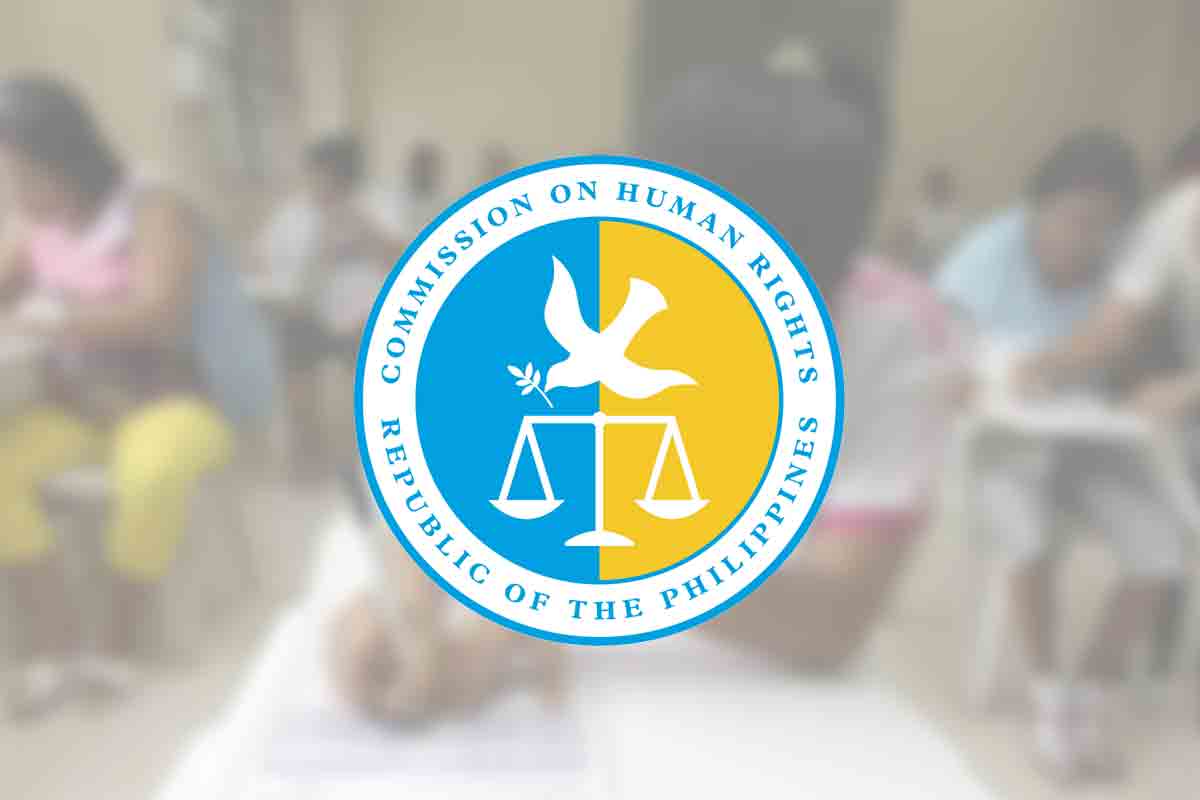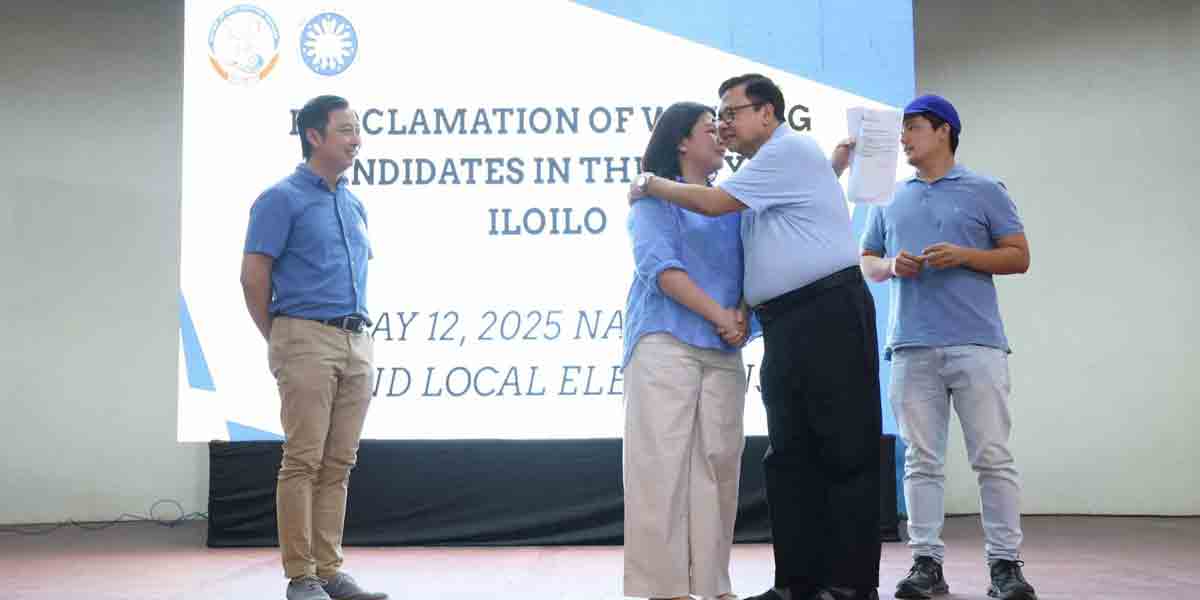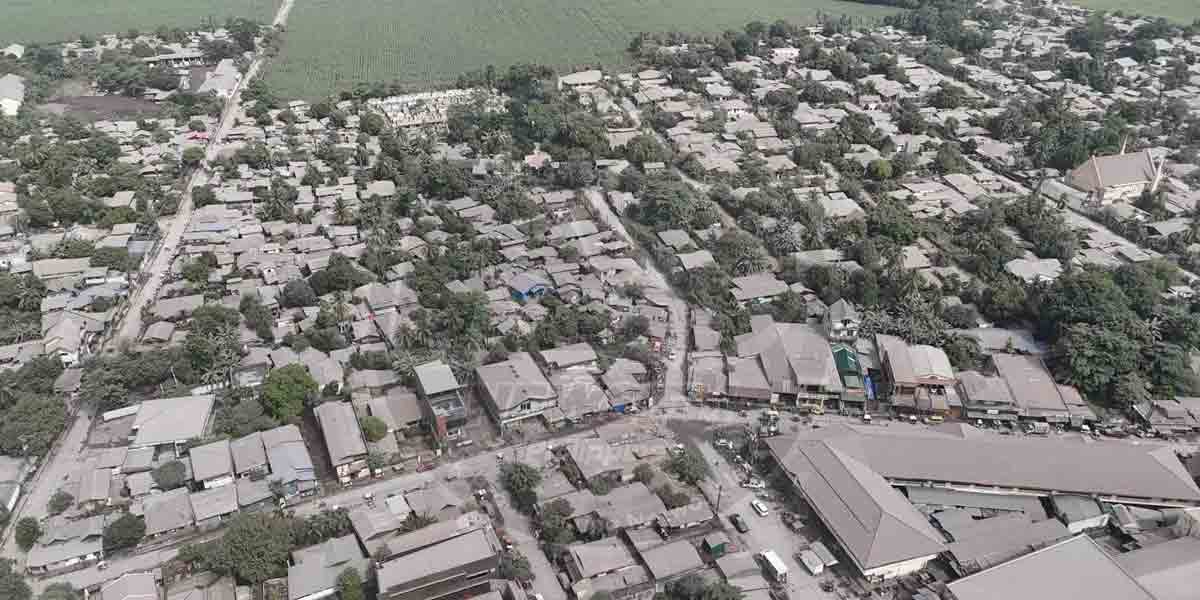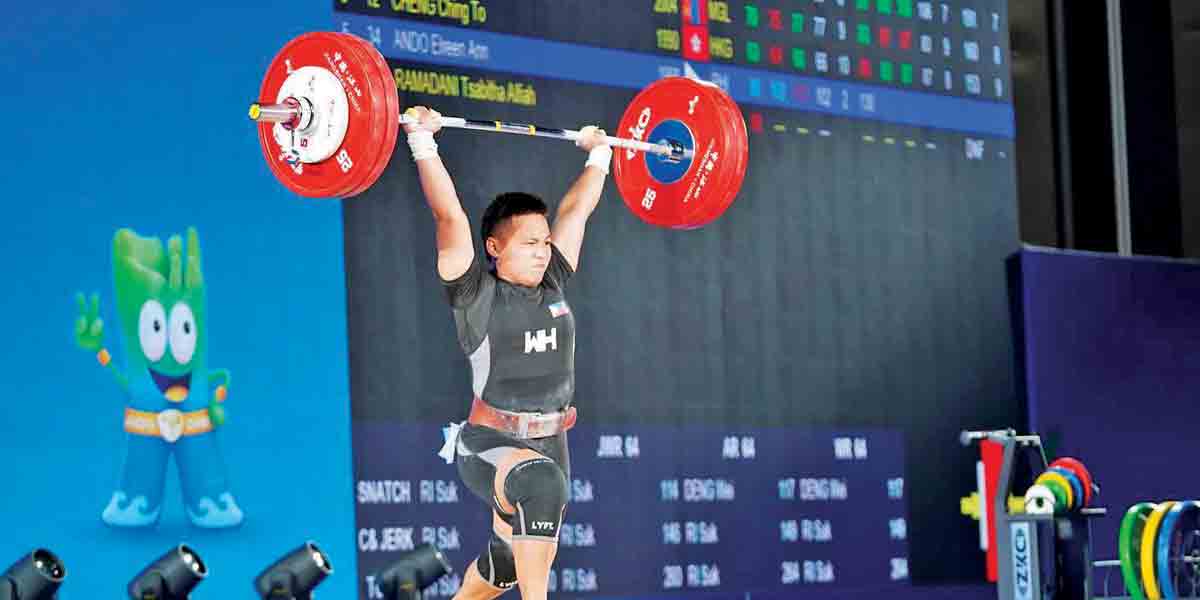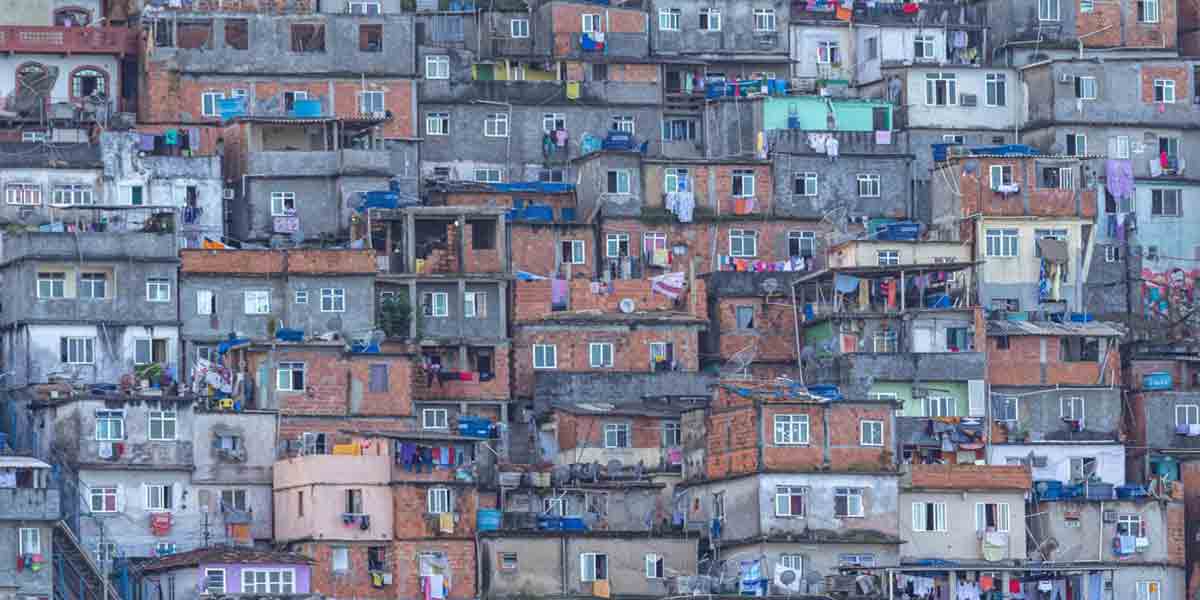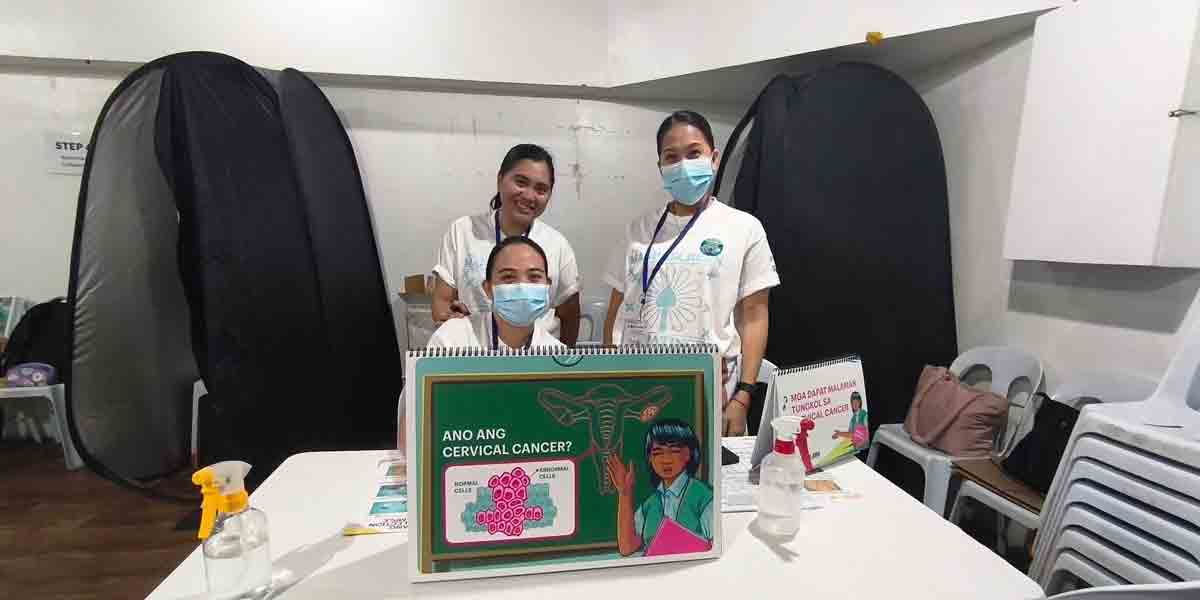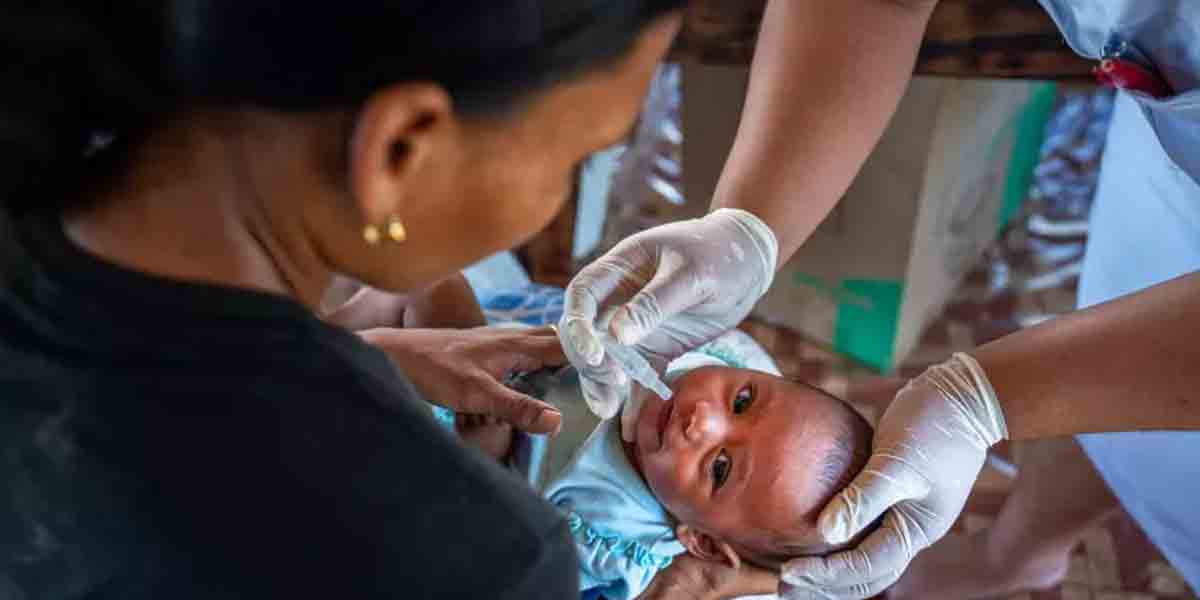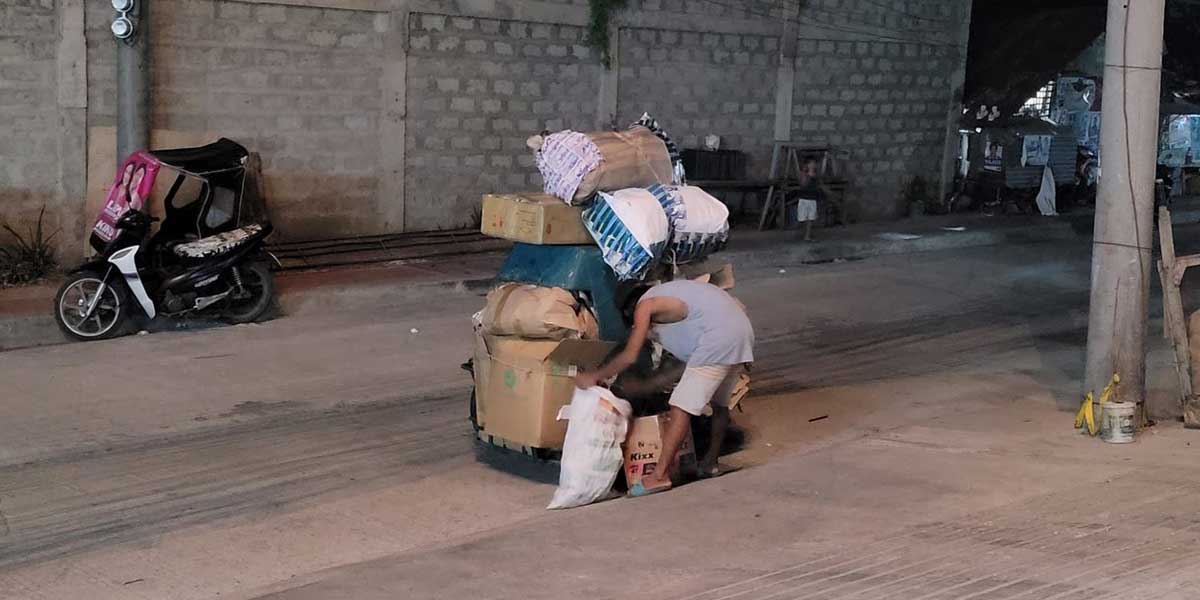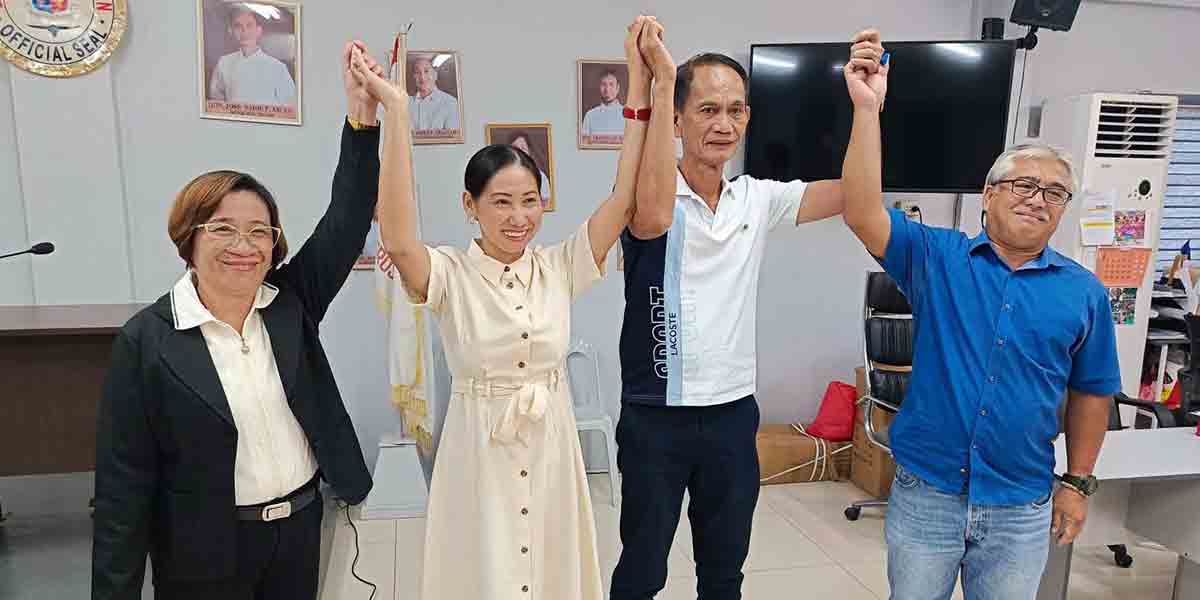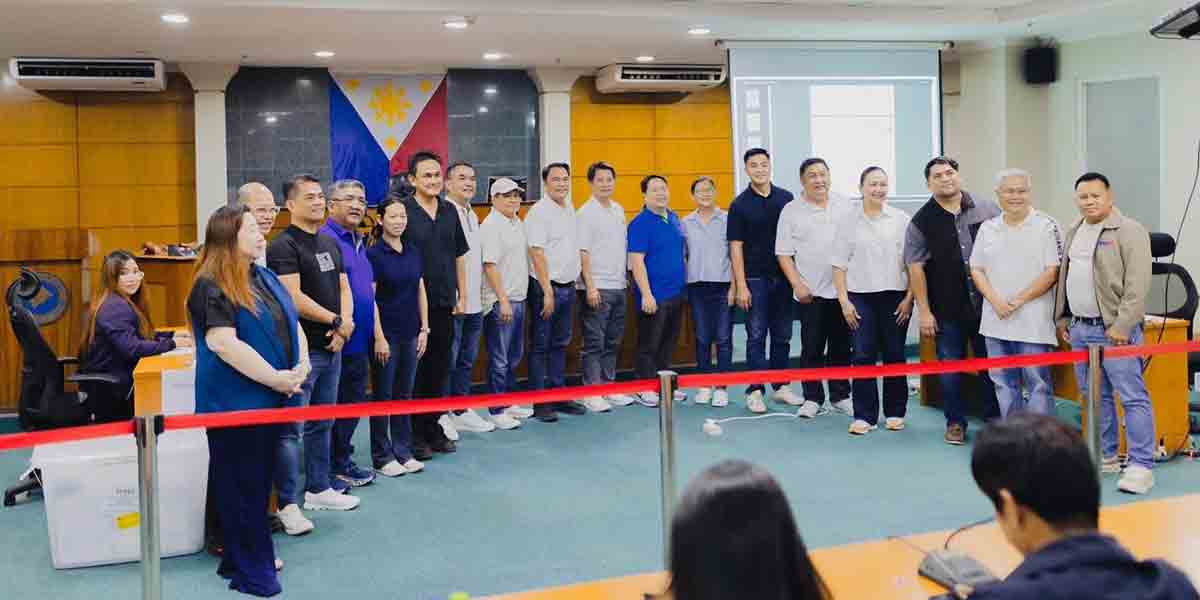By Joseph B.A. Marzan
Mental health issues were front and center on Monday, with a “win” in the executive branch, and an assessed “loss” in the legislative branch.
Representative Angelica Natasha Co (Barangay Health Workers Party-list) on Monday lamented the poor implementation of mental health programs in Republic Act No. 11036 (Mental Health Act of 2018) and other relevant laws.
This, after the House of Representatives’ Committee on the Welfare of Children, which Co-chaired, held a session on the rising violence and suicides among younger learners in schools.
“The frustration, disappointment, alarm, and lamentations made for the palpable tensions during the hearing about suicides among the Filipino youth. We are disappointed by the poor lack of implementation of the National Mental Health Act and other laws, which, if they had been implemented, could have prevented many of the suicides,” Co said in a statement.
During the session, the Council for the Welfare of Children (CWC) cited pre-pandemic data by the United Nations Children’s Fund (UNICEF) which bared that 10 to 15 percent of Filipino children aged 5 to 15 years old were affected by mental health problems.
The 2015 Global School-based Student Health Survey by the World Health Organization (WHO), which the CWC also cited, indicated that 16.8 percent of Filipino students aged 13 to 17 years old have attempted suicide at least once a year.
The National Center for Mental Health (NCMH) in the same hearing cited their data which indicated that they saw a huge jump in hotline calls in 2020 during the height of the COVID-19 pandemic, with a steady increase between January 2020 (466) and January 2021 (1,090).
The Department of Health (DOH) also cited the 2021 Young Adult Fertility and Sexuality Survey by the University of the Philippines Population Institute, which indicated that 17 percent of its 10,949 respondents have considered doing[JM1] suicide.
Co outlined the following proposals in her press statement:
– Training of peer counselors, including students, youth leaders, and parents;
– Inter-agency coordination and monitoring and follow-up on all the cases of suicides, bullying, and violence involving students and teachers;
– Synergy among all the implementing agencies, with one “memorable” hotline instead of the many hotlines per agency, and one concrete program to follow, that includes all barangays;
– Working with the House Committee on Civil Service and Professional Regulation to address the shortage of guidance counselors, with a suggestion to have additional categories of guidance counselors—in the same way, that the nursing and engineering professions have technicians, specialists, and aides;
– Asking the DOH to include mental health training for barangay health workers “to swiftly add more people who can be first responders in communities and schools”;
– Inviting the Philippine Mental Health Council, or the council in charge of implementing the National Mental Health Law, the principals, guidance counselors, social workers, and police officers who handled actual suicide cases, as well as the Commission on Higher Education, state universities and colleges with teacher education programs, the Philippine Association of State Universities and Colleges, and the Coordinating Council of Private Educational Associations of the Philippines (COCOPEA);
– Raising the salary grades of licensed guidance counselors when they work at the Department of Education; and
– Filing a school health bill that includes vital components on mental health and nutrition, but will not add to the burdens of teachers by giving them work on guidance and counseling.
On the other end, democratic socialist group Akbayan Party praised the improvement of mental health benefits under the state-run Philippine Health Insurance Corporation (PHIC or PhilHealth).
It was in the same House hearing where PhilHealth director Dr. Albert Domingo said that they would be coordinating with the DOH and mental health advocates to craft policies to improve children’s access to mental health care.
Akbayan spokesperson Raymond John Naguit said that these new inclusions “will contribute in strengthening the delivery of mental health services at the primary care level.”
“This is a win for every Filipino, and for future generations of Filipinos. While there is still so much that needs to be done. We owe this development to the tireless work of mental health advocates, mental health professionals, and the champions in government who have spent years campaigning for better mental health care for our countrymen,” said Naguit in a statement.
Part of the improvements include new outpatient benefit packages which would make services more economically accessible and the training of local health workers at the community level to provide mental health services.
PhilHealth is also looking into tapping trained and in-training practitioners from the DOH to strengthen the implementation of its new programs.
Rey Balena, PhilHealth’s acting Vice President for Corporate Affairs, said in a February 17 forum that details of this new set of mental health benefits will be released in a coming circular.
[JM1]Mental health experts have stated the use of “doing” or any other related verb instead of “committing”

